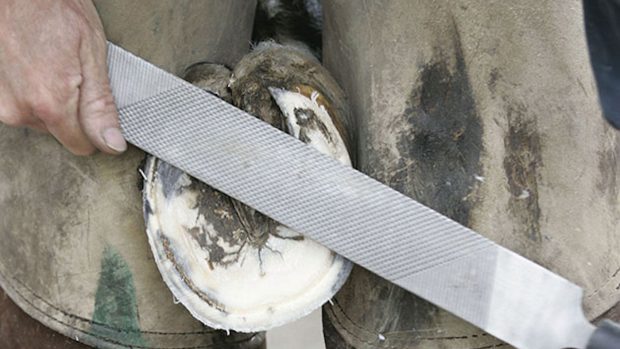Farriers based in Scotland face a major change to their working practices next spring. From 30 March, all farriers in the country will, like their counterparts in the rest of Great Britain, need to be registered with the Farriers’ Registration Council (FRC).
Previously, under the Farriers (Registration) Act of 1975, an exemption allowed unregistered individuals to practise farriery in the remote Highlands and Islands. But in 2003, the FRC carried out a review into the exemption after discussions with welfare groups.
FRC registrar Felicity Heather told H&H that changing circumstances in the region had led to the decision to lift the exemption.
She explained: “When the Act was introduced we felt that there were not enough farriers in the Highlands and Islands. Things have moved on since then and there are more farriers so horses in Scotland should have the same protection [as those elsewhere in Great Britain].”
British Equestrian Veterinary Association spokesman Chris House welcomed the change: “In the past, there have been queries over standards of farriery,” he said, “so when we were consulted we said that the Highlands and Islands needed to be brought into line.”
Mrs Heather was adamant that owners in the most inaccessible parts of Scotland will not be at a disadvantage under the new law.
She said: “If an owner is hundreds of miles from a farrier or vet, they could be eligible for a ‘cop out’ clause that allows anyone to perform farriery in an emergency.”
Mrs Heather said that individuals who have not trained in farriery, but have “appropriate” experience could apply to join the register.
She said: “Persons with a minimum of two years’ farriery experience can come forward to apply. It is what happened in 1975 when the Act was introduced in Britain. Obviously, if we have concerns over a person’s experience, we will investigate further.”



